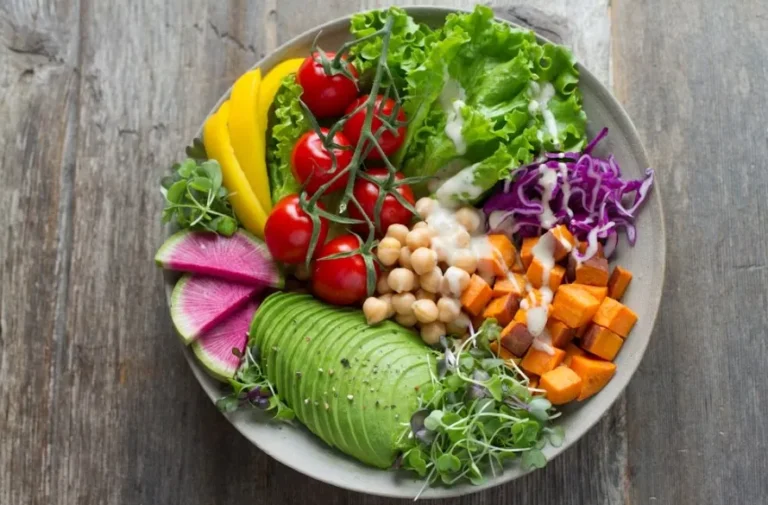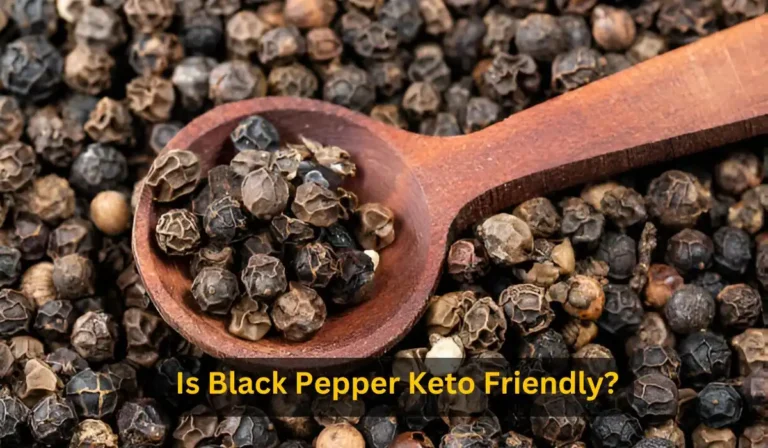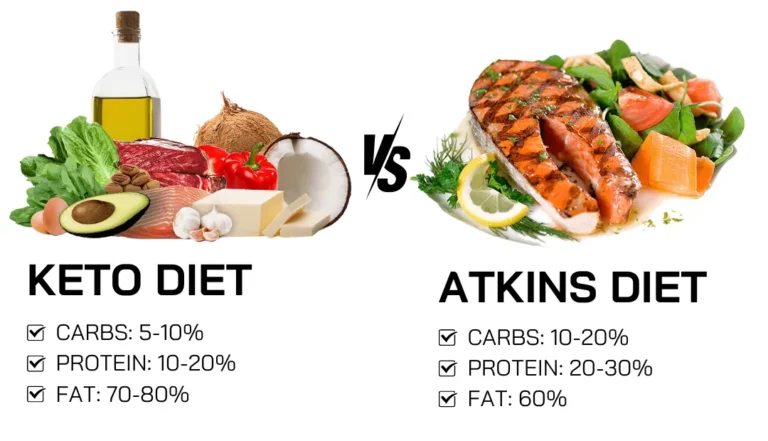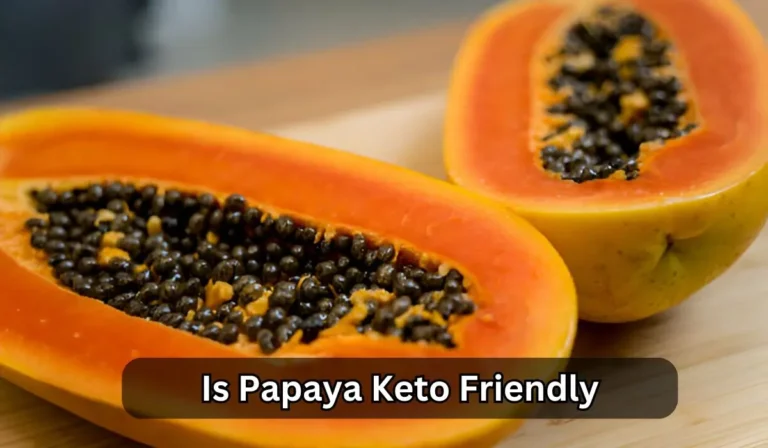Is Cream Cheese Keto Friendly? Understanding Its Role in a Low-Carb Diet
Cream cheese is a popular spread that many enjoy, but if you follow a keto diet, you may wonder if it fits into your meal plan. The good news is that cream cheese is keto-friendly, providing a high-fat, low-carb option that can enhance your meals and snacks. Whether you use it in desserts, savory dishes, or as a simple dip, it offers both flavor and texture without compromising your diet.

Incorporating cream cheese into your keto lifestyle can be easy and delicious. You can find various ways to enjoy it, from baking to spreading on low-carb breads. Understanding its nutritional profile will help you make the best choices for your meals and snacks.
Key Takeaways
- Cream cheese is low in carbs and high in fat, making it suitable for keto.
- You can use cream cheese in many recipes, adding flavor to your meals.
- Always check the ingredients for added sugars or unnecessary carbs.
Understanding the Keto Diet

The keto diet is a low-carb, high-fat eating plan that helps your body reach a state called ketosis. In this state, your body burns fat for energy instead of carbohydrates. Understanding its principles and macronutrient ratios is essential for following this diet effectively.
Principles of Ketosis
Ketosis occurs when your carbohydrate intake is significantly reduced, prompting the body to use fat as its primary energy source. When you limit carbs, insulin levels drop and fat cells release fatty acids, which the liver converts into ketones.
These ketones then supply energy to your brain and body. This process can lead to improved mental clarity and fat loss. It’s important to monitor your carbohydrate intake closely, as even small amounts can hinder ketosis.
Macronutrient Ratios
On a keto diet, your macronutrient ratios will typically be around 70-75% fat, 20-25% protein, and 5-10% carbohydrates. This means you should focus on high-fat foods while drastically limiting carbs.
Some examples of keto-friendly foods include:
- Healthy fats: Avocado, olive oil, and nuts
- Proteins: Meat, fish, and eggs
- Low-carb vegetables: Leafy greens, cauliflower, and zucchini
Keeping these ratios in check helps maintain ketosis and achieve your desired health goals. Adjusting these ratios based on your individual needs and activity levels may also be beneficial.
What Is Cream Cheese?

Cream cheese is a soft, creamy dairy product that is made from milk and cream. It is widely used in various dishes due to its rich texture and mild flavor. This cheese is particularly popular in both savory and sweet recipes. Understanding its nutritional profile and the different types can help you decide how to incorporate it into your diet.
Nutritional Profile
Cream cheese is known for its high fat content, which is a key aspect of its nutritional profile. In a one-ounce (28g) serving, cream cheese typically contains around:
- Calories: 99
- Total Fat: 9g
- Saturated Fat: 5g
- Carbohydrates: 1g
- Protein: 2g
This makes it a suitable option for low-carb and ketogenic diets. The fat content provides energy, while its low carbohydrate levels keep it in line with keto guidelines. It also contains small amounts of vitamins and minerals, including vitamin A and calcium, which contribute to its nutritional value.
Types of Cream Cheese
There are various types of cream cheese, each with unique flavors and uses. Common types include:
- Original Cream Cheese: This is the traditional version, smooth and versatile for many recipes.
- Flavored Cream Cheese: Varieties like chive, garlic, or strawberry are often used as spreads or in desserts.
- Reduced-Fat Cream Cheese: This option has lower fat but may contain added fillers to maintain texture.
- Vegan Cream Cheese: Made from plant-based ingredients, it offers a dairy-free alternative.
Each type can be used differently in cooking or baking, so knowing which best meets your needs can enhance your dishes.
Evaluating Cream Cheese for Keto
When considering cream cheese for a ketogenic diet, it’s crucial to assess its carbohydrate content and fat quality. These factors will help you determine if cream cheese fits well into your meals without exceeding your daily carb limits.
Carbohydrates in Cream Cheese
Cream cheese is a low-carb dairy product, making it suitable for keto diets. A typical serving of 100 grams contains approximately 4.1 grams of net carbs. This low carbohydrate level allows you to incorporate it into your diet without significantly impacting your carb intake for the day.
For example, if your daily limit is 20-30 grams, a serving of cream cheese fits comfortably within that range. Furthermore, cream cheese contains no dietary fiber, and its sugar content is relatively low, with about 7 grams per serving. Since keto emphasizes limiting carbs, this makes cream cheese an appealing choice.
Fat Content and Quality
Cream cheese is high in fat, which is essential for a keto diet. It typically contains about 34 grams of fat per 100 grams. This high-fat content helps you meet your dietary fat goals while providing a creamy texture and rich flavor to dishes.
It’s also important to consider the fat quality. Many brands, like Philadelphia Cream Cheese, offer products made with cream rather than processed oils. Opting for full-fat varieties ensures you get healthy fats, which support ketosis and overall health. Always read labels to confirm the ingredients and choose those with simple, natural components.
Incorporating Cream Cheese into a Keto Diet
Cream cheese can be a versatile ingredient in your keto diet. By using it in various recipes, you can enhance flavors and maintain your low-carb lifestyle. It is important to know how to incorporate it wisely to gain maximum benefits.
Keto-Friendly Cream Cheese Recipes
There are many delicious ways to use cream cheese in your meals. Here are a few ideas:
- Keto Cheesecake: Blend cream cheese with low-carb sweeteners and eggs. Bake for a rich dessert that fits your diet.
- Dips: Mix cream cheese with herbs or spices for a tasty dip. Pair with low-carb vegetables like celery or bell peppers.
- Fat Bombs: Combine cream cheese with nut butter and low-carb sweeteners. Freeze for a satisfying snack that boosts your fat intake.
Using cream cheese in your favorite recipes helps keep things interesting. Feel free to experiment by adding flavors like garlic, chives, or even cooked bacon to diversify your dishes.
Portion Control and Frequency
While cream cheese is keto-friendly, portion control is vital. A typical serving size is about 1-2 tablespoons, containing only 1.6 grams of net carbs. This means you can enjoy it without exceeding your carb limits.
To incorporate it effectively, aim to use cream cheese just a few times a week. This allows you to enjoy its rich taste without overdoing it. Remember that balance is key in any diet.
Keeping track of your serving sizes can help maintain the benefits while avoiding excess calories or carbs. Mindful eating makes it easier to include cream cheese in your meals while staying true to your keto goals.
Potential Benefits and Concerns
Cream cheese can be a tasty addition to a keto diet. It offers both health benefits and some dietary considerations that are important to know.
Health Benefits
Cream cheese is rich in fat, which aligns well with the goals of a keto diet. Approximately 10 grams of fat per ounce makes it a high-fat food choice. This can help you meet your daily fat intake goals while staying within low carbohydrate limits.
In addition, cream cheese is low in carbohydrates, containing around 1 gram of carbs per ounce. This makes it a suitable option for those trying to maintain ketosis. The fat content may also provide a source of long-lasting energy, which can help you stay satisfied between meals.
Moreover, cream cheese is a good source of calcium, which is essential for bone health. Including it in your meals can contribute to your daily nutritional needs, while also enhancing the flavor of various dishes.
Dietary Considerations
While cream cheese has many advantages, you should consider its calorie content. A typical serving can contain 100 calories or more, depending on the brand. Keeping track of your servings is vital to avoid excessive caloric intake.
Some people may also be lactose intolerant and should avoid dairy products like cream cheese. Always opt for full-fat varieties instead of low-fat options, as they typically have fewer carbs.
Lastly, checking labels for added ingredients is essential. Some brands may include sugars or fillers, which can impact the keto-friendliness of the product. Be vigilant about ingredient lists to ensure you make health-conscious choices.
FAQS About Is Cream Cheese Keto Friendly
Cream cheese is a popular choice for those following a ketogenic diet. This section addresses common questions regarding its use, compatibility, and types that fit within the keto framework.
How can cream cheese be incorporated into a keto diet?
You can use cream cheese in various ways. It works well in dips, spreads, and creamy sauces. You can also add it to recipes for dishes like cauliflower pizza crust or keto-friendly cheesecakes for added richness.
What makes Philadelphia cream cheese suitable for a ketogenic lifestyle?
Philadelphia cream cheese contains minimal carbohydrates and is high in fat. With about 1 gram of carbs per ounce, it aligns with the macronutrient goals of a ketogenic diet, making it a popular choice among keto dieters.
Which types of cheese are considered keto-friendly?
Many cheeses are considered keto-friendly due to their low-carb content and high-fat levels. Cheddar, mozzarella, gouda, and parmesan are just a few examples. These cheeses can enhance meals without interfering with your keto goals.
Can the consumption of cream cheese affect ketosis?
Cream cheese can be consumed without disrupting ketosis, as long as you keep your portion sizes in check. Its low carb count helps maintain your state of ketosis, making it a good option for those on the diet.
Are there particular brands of cream cheese recommended for those following a keto diet?
Certain brands are known for their keto-friendly options, such as Philadelphia cream cheese. These brands often have a low carb count and a good fat content, making them suitable for your ketogenic diet.
What factors determine whether a cheese is compatible with the ketogenic dietary requirements?
Key factors include carbohydrate content, fat content, and overall calorie count. High-fat, low-carb cheeses are usually a good fit. Always check the nutrition label to ensure the cheese aligns with your dietary goals.






